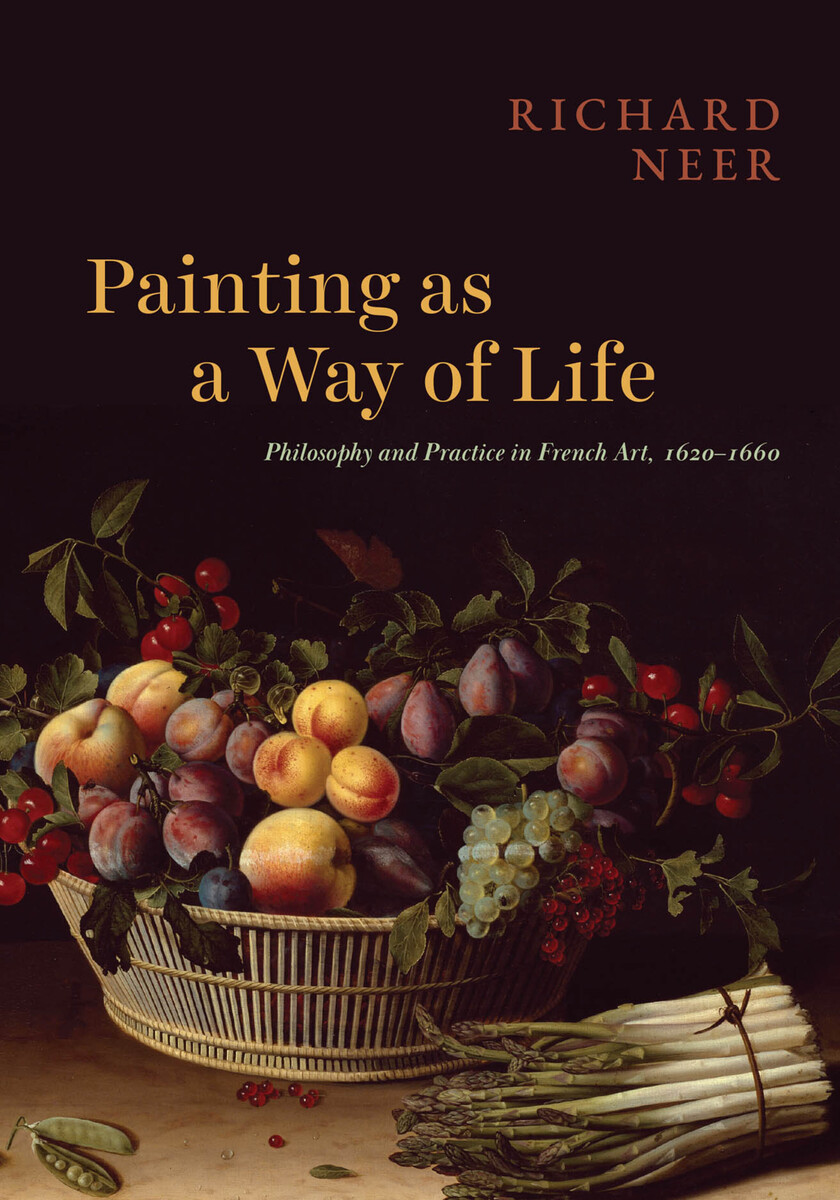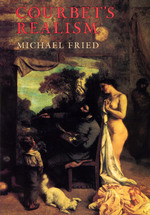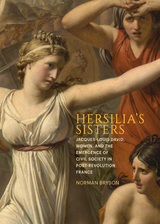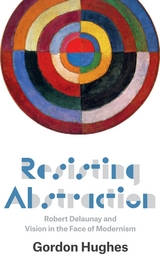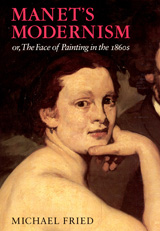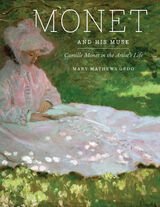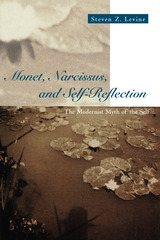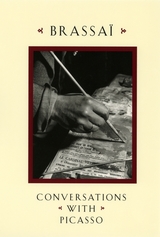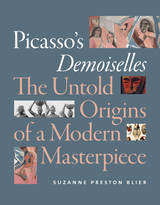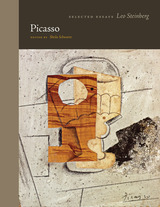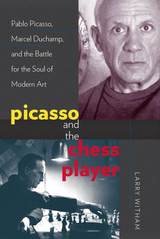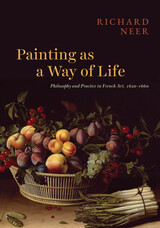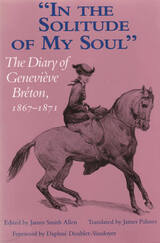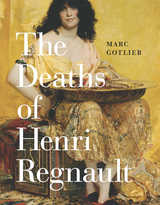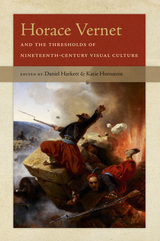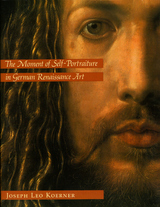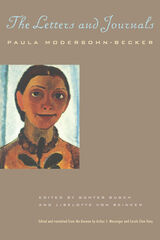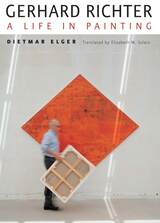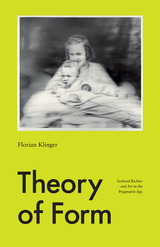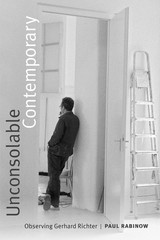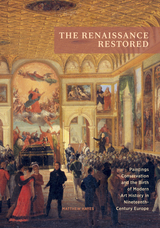Painting as a Way of Life: Philosophy and Practice in French Art, 1620–1660
University of Chicago Press, 2025
eISBN: 978-0-226-83550-1 | Cloth: 978-0-226-83549-5
Library of Congress Classification ND553.P8N 2025
See other books on: Baroque & Rococo | Painting | Painting, French | Practice | Way
See other titles from University of Chicago Press
eISBN: 978-0-226-83550-1 | Cloth: 978-0-226-83549-5
Library of Congress Classification ND553.P8N 2025
ABOUT THIS BOOK | AUTHOR BIOGRAPHY | TOC
ABOUT THIS BOOK
Neer uncovers a key moment in the history of early modern art, when painting was understood to be a tool for self-transformation and for living a philosophical life.
In this wide-ranging study, Richard Neer shows how French painters of the seventeenth century developed radically new ways to connect art, perception, and ethics. Cutting across traditional boundaries of classicism and realism, Neer addresses four case studies: Nicolas Poussin, renowned for marrying ancient philosophy and narrative painting; Louise Moillon, who pioneered French still life in the 1630s; Georges de La Tour, a painter of intense and introspective nocturnes; and the Brothers Le Nain, specialists in genre and portraiture who inspired Courbet, Manet, and other painters of modern life. Setting these artists in dialogue with Montaigne, Descartes, Pascal, and others, ranging from the studios of Rome to the streets of Paris, this book provides fresh accounts of essential artworks—some well-known, others neglected—and new ways to approach the relation of art, theory, and daily life.
In this wide-ranging study, Richard Neer shows how French painters of the seventeenth century developed radically new ways to connect art, perception, and ethics. Cutting across traditional boundaries of classicism and realism, Neer addresses four case studies: Nicolas Poussin, renowned for marrying ancient philosophy and narrative painting; Louise Moillon, who pioneered French still life in the 1630s; Georges de La Tour, a painter of intense and introspective nocturnes; and the Brothers Le Nain, specialists in genre and portraiture who inspired Courbet, Manet, and other painters of modern life. Setting these artists in dialogue with Montaigne, Descartes, Pascal, and others, ranging from the studios of Rome to the streets of Paris, this book provides fresh accounts of essential artworks—some well-known, others neglected—and new ways to approach the relation of art, theory, and daily life.
See other books on: Baroque & Rococo | Painting | Painting, French | Practice | Way
See other titles from University of Chicago Press
